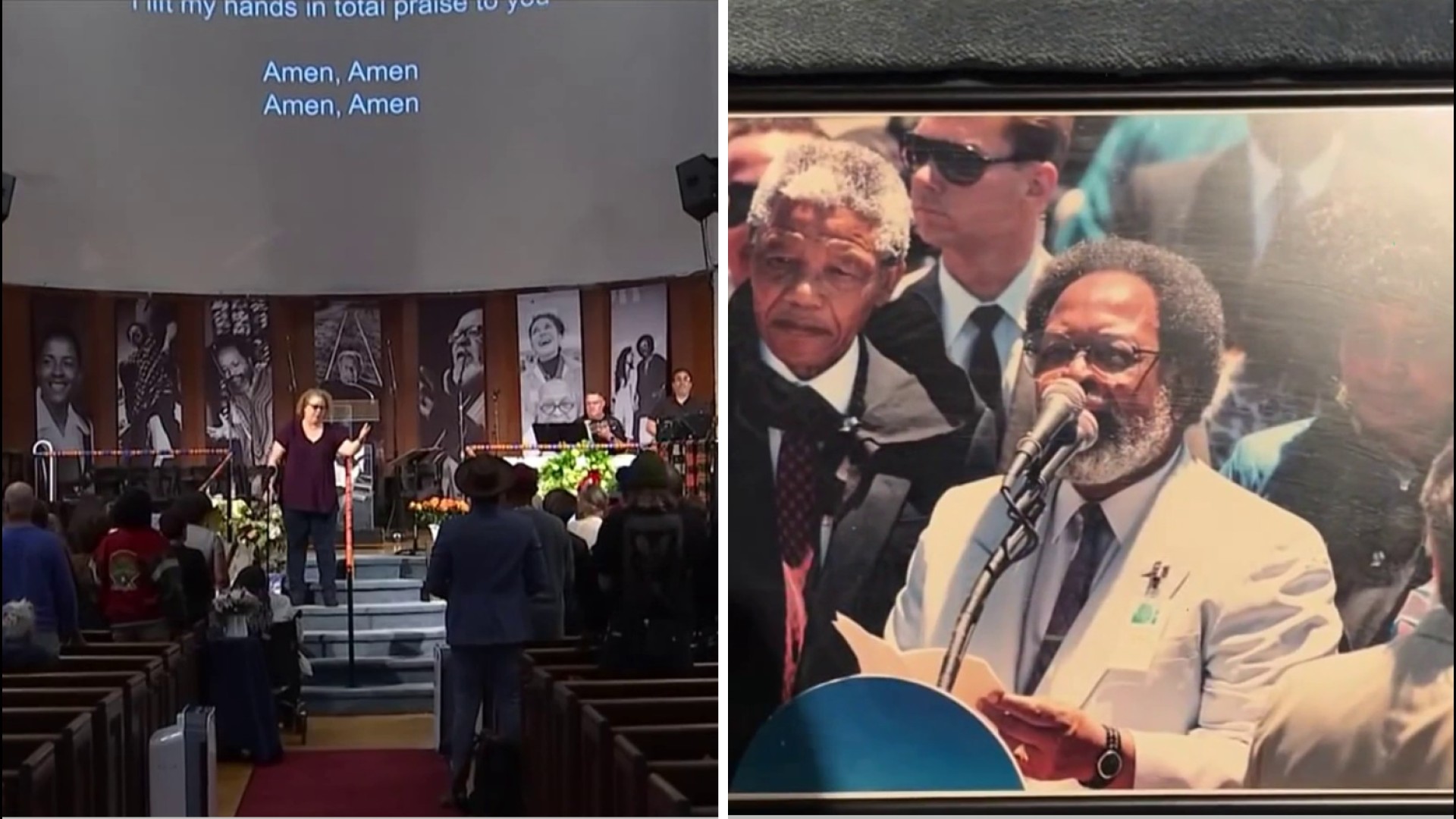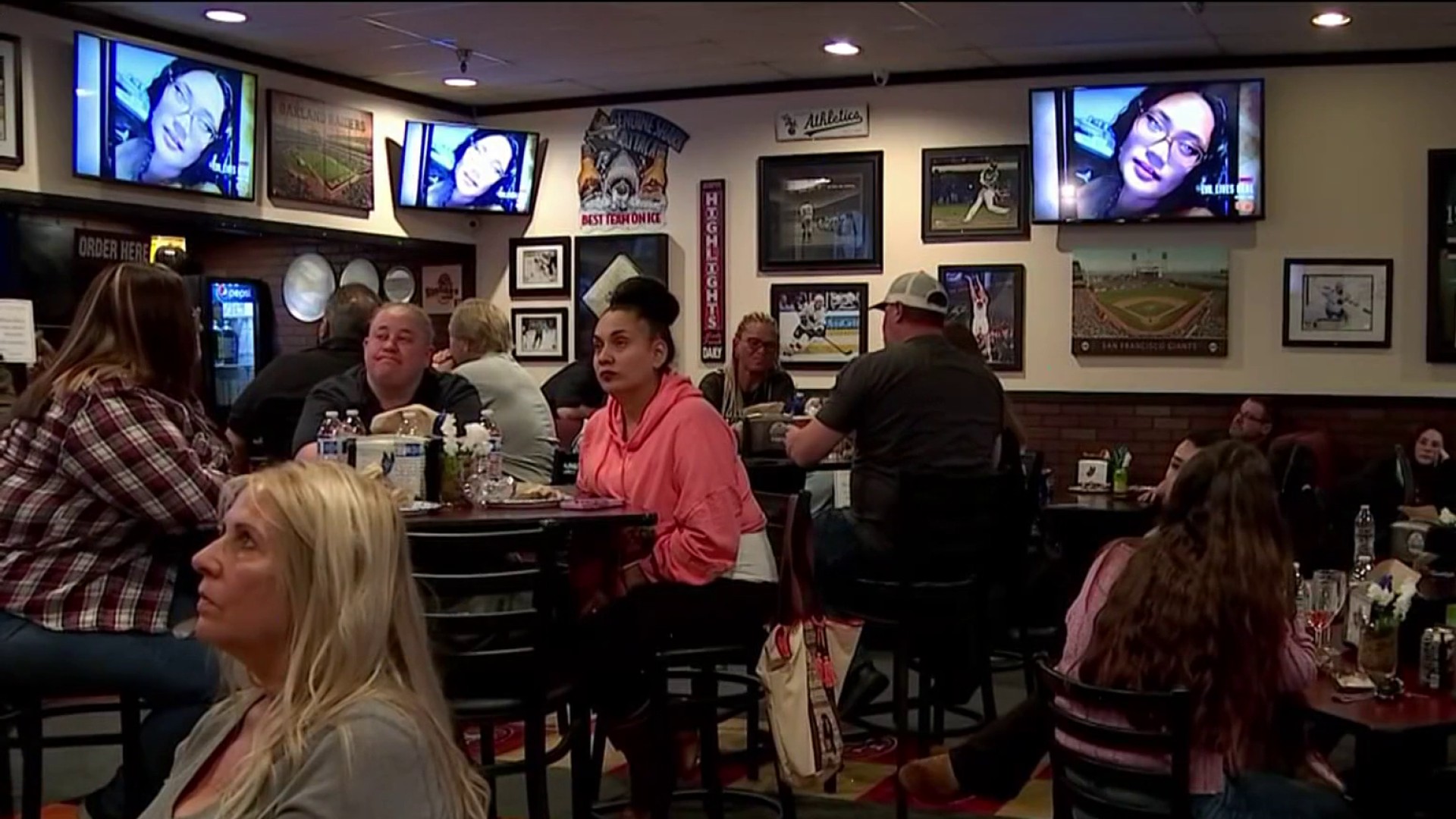BART's general manager is refuting statements made by union leadership about how the labor negotiations broke down and led to a work stoppage today.
General manager Grace Crunican said in a statement released late this morning that BART management and its unions do not have an agreement on salary rate increases, despite what union leaders said on Thursday.
Crunican said during marathon negotiations with federal mediators, BART management agreed to an economic package coupled with work rule reforms informally offered by the mediators.
She said the unions "grabbed the salary offer, but balked at the work rule changes," then went on to announce a strike Thursday afternoon and "falsely announced an agreement on salary."
Crunican also clarified BART's position on having an impartial outside party rule on the labor dispute, saying the agency's management would consider having arbitration on an overall salary, health care, pension and work rules package.
When announcing strike plans Thursday, Service Employees International Union Local 1021 lead negotiator Josie Mooney said the unions offered to go to arbitration over proposed work rule changes, but management refused.
Crunican said BART management is willing to have arbitration over the work rule changes but only as part of "an entire, interconnected labor package."
Local
Crunican said the package BART has offered includes a 12 percent wage increase coupled with work rule concessions, such as overhauling overtime regulations and issuing a technology upgrade for recording information.
She said that management and the unions had found common ground on health care and pension issues in the past three weeks. SEIU Local 1021 spokesman Des Patten, who has been at the bargaining table, said this afternoon that the two sides came to an agreement on the financial portion of the contract but it was held up by the work rule issues.
Patten said the overtime regulations issue has since been resolved, but other workplace procedures such as work hour scheduling and contract clauses -- including a "beneficial past practices" line that BART wants to eliminate -- remain contentious in talks.
According to Patten, there is "still some communication going on behind the scenes" today and the unions are trying to organize a meeting for today or sometime this weekend. He said union leaders have decided, "Let's keep going. Let's not drop the ball here."
Here's the letter:
A Message from the BART General Manager Grace Crunican about Labor Dispute
Issues of Dispute
The issues of dispute in the breakdown between management and our unions are the same now as they have been during the last six months – no agreement on wages and critical work rules that drive daily scheduling, work assignments, use of technology and the ability of BART to adopt industry best practices.
Throughout, BART management has demonstrated a creative willingness to solve problems with our unions on pension and health care. We have been able to show savings while crafting acceptable solutions.
The issues that remain unresolved are not minor. We cannot get tired and give up. They get to the heart of BART’s need to function efficiently and economically.
The BART Board has offered a strong wage package which includes a 12% wage increase, but the work rule concessions are essential. Using computers instead of manually recording and transmitting information is essential in the technology age. Managers should not have to reach mutual agreement with unions on every day to day operational change that is a part of a past practice. This contract component costs tens of millions of dollars each year and guarantees paralysis.
A strike is not a solution. The issues in dispute must be resolved. The BART Board has said it would consider binding arbitration on the whole package – not just the work rules – because we do not have agreement on the salary increases. An impartial outside party would have to arbitrate an entire, interconnected labor package.
How Talks Broke Down
After six months of unproductive and frustrating talks characterized by the union demand for 20% plus salary increases, BART and it unions found common ground on health care and pension issues during the last three weeks. We agreed to participate in marathon bargaining with high ranking federal mediators that began Sunday, October 13.
The mediators informally offered a model which included an economic package coupled with work rule reforms and BART agreed. The unions grabbed the salary offer, but balked at the work rule changes. While BART and the mediators were still at the table, Union leaders announced a strike to the media. They offered to submit to binding arbitration on work rules and falsely announced an agreement on salary.
This union contract is about the future. The BART Board has shown great leadership over the last two years defining the investments necessary for an aging system by agreeing to an essential package of upgrades. A new fleet of train cars is under design with active public participation. A new train control system will allow us to run more trains to meet escalating rush hour demands. We need to expand our maintenance facilities to accommodate a new fleet of cars, and new service to San Jose, the Oakland Airport and eastern Contra Costa County. Our stations need upgrades for technology, energy efficiency and safety.
This contract must be informed by not only the needs of our unions but by the future needs of our riders. The stakes are sky-high but the solutions are within reach. The public needs the trains to run. We need a spirit of compromise from our unions.
-Grace Crunican



